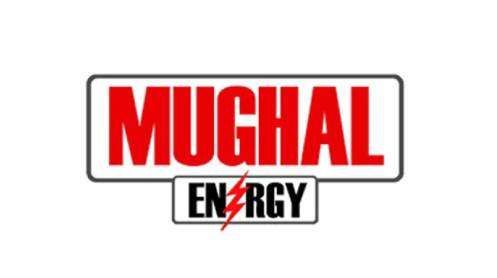KARACHI: Pakistan’s fragile economy is struggling to attract sustainable investment as policy instability, weak governance, and mounting climate risks erode investor confidence, according to a joint report by the Association of Chartered Certified Accountants (ACCA) and the Pakistan Business Council (PBC).
The study warns that despite government pledges to pursue export-led growth and sustainable development, Pakistan lags in embedding sustainability into its economic framework. Foreign direct investment remains scarce, with green financing even harder to secure due to political uncertainty, regulatory unpredictability, and perceptions of fragile returns on long-term projects.
The challenge is particularly stark: in 2023, Pakistan’s financing gap for achieving the UN Sustainable Development Goals (SDGs) stood at 16.1% of GDP, one of the highest among developing economies. As global trade increasingly links to sustainability benchmarks, exporters risk exclusion unless domestic standards improve.
The report underscores that climate shocks compound the crisis. Pakistan’s dependence on agriculture and water makes it highly vulnerable, with recent floods devastating crops, displacing communities, and straining public finances. By 2050, up to 15% of South Asia’s GDP could be at risk from climate-related damages.
While regulators such as the Securities and Exchange Commission of Pakistan (SECP) are moving toward mandatory sustainability disclosures under IFRS S1 and S2 by July 2025, businesses—especially SMEs—face high reporting costs, limited data comparability, and risks of greenwashing. Experts stress the need for independent assurance mechanisms to build trust.
Green finance frameworks, including the State Bank’s Green Banking Guidelines and SECP’s Green Bond Framework, have laid groundwork. Initiatives such as WAPDA’s $500m Green Eurobond (2021) and the Parwaaz Green Action Bond (2025) demonstrate investor appetite but remain isolated cases.
The report calls for urgent collaboration between policymakers, corporations, and investors to embed sustainability into mainstream economic planning. Without credible reforms, scaled-up green financing, and resilient climate policies, Pakistan risks falling further behind in its climate and development goals—including its 2030 target of 60% renewable energy and phasing out imported coal.
Story by Usman Hanif







